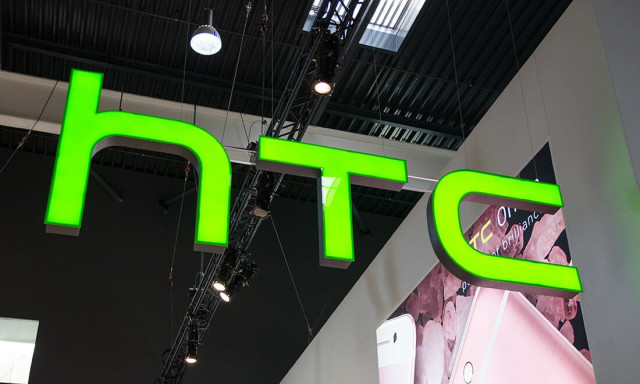Taiwan's HTC banks on new phone, virtual reality as sales plunge
Revenue from January to March is down 64 per cent year-on-year to Tw $14.8 billion

PHOTO: ANDROID Central
Revenue from January to March was down 64 percent year-on-year to Tw$14.8 billion ($456 million), while net loss in the period was Tw$2.6 billion, the company said in a statement.
The loss -- compared with profit of Tw$360 million a year earlier -- marked the fourth consecutive quarter of declines for HTC, once the star of the intensely competitive smartphone sector.
Apple to launch new iPhone, iPad in March
But chief financial officer Chialin Chang was hopeful the recent launch of the HTC 10 in April would boost fortunes.
"We are actually quite hopeful that the HTC 10 will bring back the momentum," he said.
"From the internal management perspective, we are hoping the third quarter in the smartphone business we will be able to achieve a breakeven," Chang added.
The homegrown Taiwanese brand has struggled to maintain its edge as Samsung, Apple and strong Chinese brands like Huawei expand their market share.
But the company touts its new HTC 10 to have the best smartphone camera on the market. It carries a new feature that gives users more options to personalise home screens than many Android phones.
HTC has also been cost-cutting to turn the ailing business around, slashing headcount and streamlining its product offerings to focus on high-end phones.
But analysts are still sceptical, with some observers saying the focus on cost-cutting may deter innovation.
First-quarter results did not yet reflect the launch of its new virtual reality product HTC Vive, which also went on sale in April.
Patent Fight: Samsung wins case
HTC has been pouring resources into virtual reality, as have its rivals including Samsung and LG.
The company is one of the early players to venture into virtual reality and has spearheaded an informal alliance to develop the sector -- including Warner Brothers, Alibaba, and Valve.
Chang declined to comment on reports that HTC is looking to spin off its virtual reality business, only emphasising that it is a "very high potential market."
"We're going to put in resources to make sure we have long-term success in this sector," he said on Monday's call.
Research firm CCS Insight predicts the number of virtual reality devices sold will grow from 2.2 million last year to 20 million in 2018, with smartphone-based devices representing the vast majority.



















COMMENTS
Comments are moderated and generally will be posted if they are on-topic and not abusive.
For more information, please see our Comments FAQ